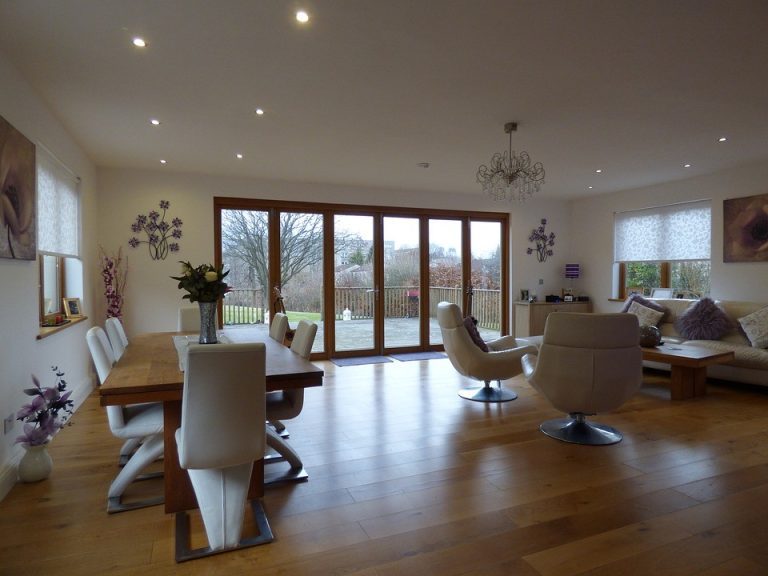Transport Minister Andrew Jones MP, visited Birmingham today to see how works are progressing at the region’s main HS2 sites. As one of the most intensive construction sections along the 140 mile London to Birmingham section of the route, the West Midlands is set to benefit from two brand new stations and an infrastructure maintenance depot, creating jobs and opportunities for local people now and into the future. Work at the city-centre based Curzon Street site has transformed the area in preparation for Birmingham’s brand new HS2 station: The site spans 25,000 square metres, and 20,000 tonnes of concrete have been broken up, crushed and ready be re-used on site. Two building are being demolished at the site of the former Unite student accommodation which covers an area of 3,000 square metres. This will yield around 30,000 tonnes of material, with works being undertaken by the Birmingham-based demolitions firm, DSM. The extensive archaeology programme on site is already revealing facts about the development of Birmingham, and archaeology works will continue into the summer. Signs that Birmingham is getting HS2-ready continue 2.5 miles away in Washwood Heath, as another local Midlands firm Total Reclaims Demolition makes way for HS2’s new train maintenance depot: The immense old site of the Alstom Rail Depot is 110,282 square metres – the size of 15 football pitches – and will yield 412,000 tonnes of material that will be recycled. With 50,000 hours of labour required to clear the site, the team is now 75% of the way through the work programme. Situated in the heart of one of Birmingham’s most deprived wards and constituencies, the site has been neglected for almost 15 years. The new depot will play a pivotal role in regenerating the area, and once complete over 500 jobs will provide opportunities for local people. Through HS2 Ltd’s supply chain, twelve local residents have already been supported into jobs through early works contractor LM-JV and security firm Servest. They are playing a crucial role in ensuring that safety standards are maintained at HS2’s work sites right across the West Midlands. Birmingham based LM, a joint venture of Laing O’Rourke and J Murphy & Sons Ltd, has been working on behalf of HS2, paving the way for the new high speed line. Work over an 80 km trace across the West Midlands has included route clearance and ecological habitat creation as well as demolition works. Fifteen miles further afield, in the borough of Solihull, vegetation clearance works and trenching have now been carried out at the triangular-shaped site which will be home to the brand new Interchange station site. Transport Minister Andrew Jones MP said: “HS2 is an incredible project that will transform our railway network, boosting capacity on our busiest lines, better connecting Birmingham with large cities across the country and building the Midlands Engine. “The scale of works happening in Birmingham show the huge progress being made on HS2; they also show first-hand the fantastic jobs and opportunities HS2 is providing people across the country; I cannot wait to see the results of further construction, and for this vital railway to become a reality.” Mark Thurston, HS2 Ltd’s CEO said: “Curzon Street will be the cornerstone of the new railway, putting Birmingham at the heart of the network. The transformation around this area demonstrates exactly how Britain’s new high-speed railway will drive forward regeneration and economic growth across the West Midlands. “Across Phase One, we’ve now carried out environmental and ecological mitigation works, utility diversions, archaeology, demolition and land clearance works, all of which are drawing to a close ready for major construction works starting later this year.” Paul Faulkner, CEO of Greater Birmingham Chambers of Commerce said: “HS2 is already playing a huge part of the Midlands’ success story, and when completed will add £14 billion to the West Midlands economy, supporting 100,000 jobs. Hundreds of Midlands businesses are already supporting the project, and there are more opportunities for firms across the region as the programme progresses.” Photo caption: L-R Liam Evans (LMJV) Christina Wallace (HS2), Argiro Alexandri (HS2), Andrew Jones MP, Paul Faulkner (Greater Birmingham Chamber of Commerce), Richard Kirkham (LMJV),









